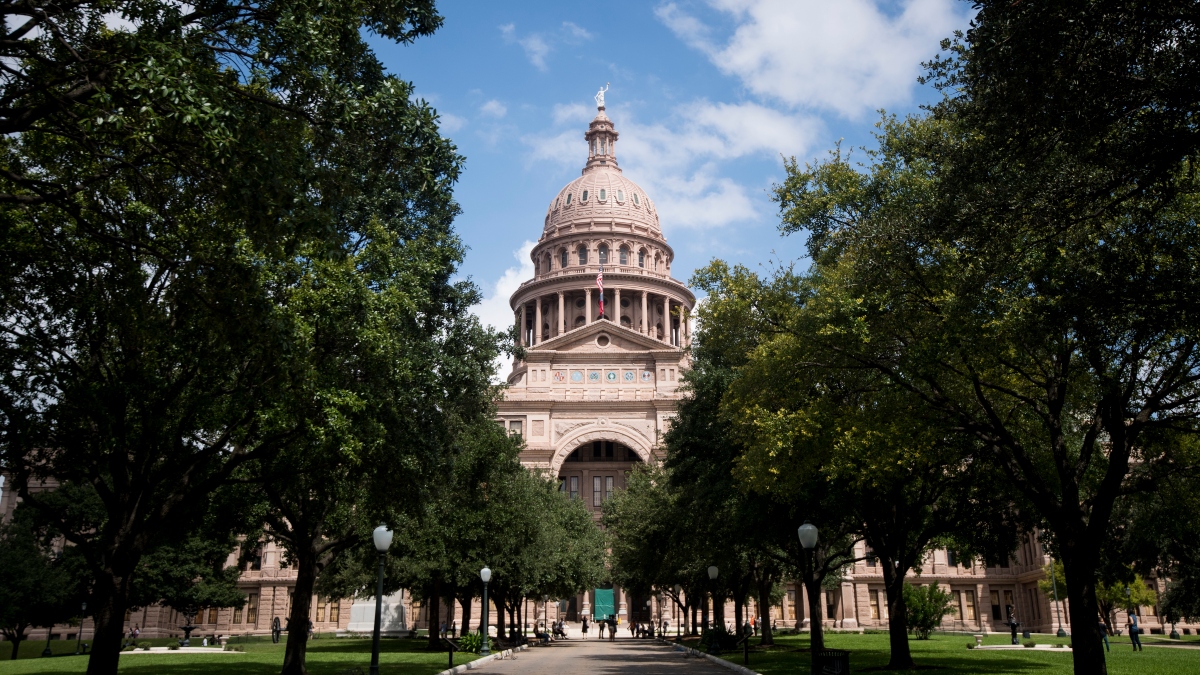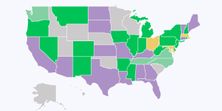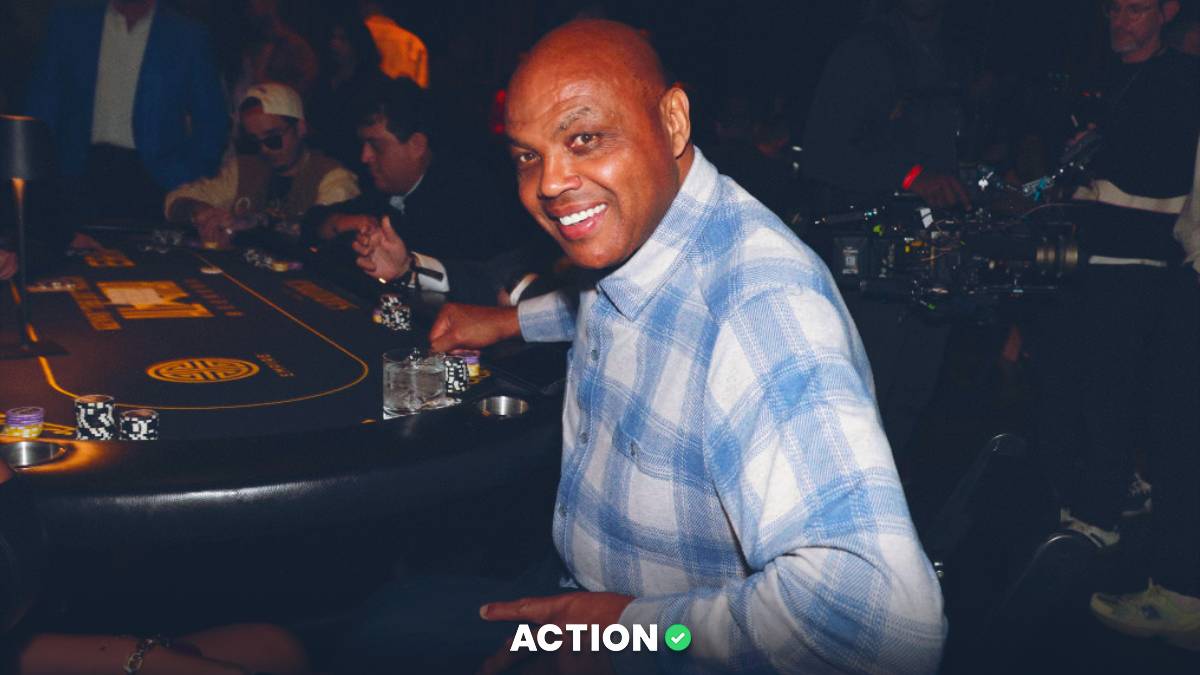In the past month, the Las Vegas Sands Corp. has hired a powerhouse team of some of Texas’ most well-connected lobbyists in what could be a push to open the first casinos in the nation’s largest state without full-scale commercial gambling.
Sands became the client of at least 10 Texas powerbrokers in just the past few weeks, according to the state’s lobbying disclosure site. Among them are former or current chiefs of staff for Gov. Greg Abbott, former House Speaker Dennis Bonnen and former Gov. Rick Perry. The list also includes high-ranking staffers for former Govs. Bill Clements and George W. Bush.
Several members have served multiple roles in multiple federal and legislative offices, including Michael Toomey, who Texas Monthly once called “the most powerful aid in the capital.” Additionally, several serve or have served as mayors or council members of Texas municipalities.
The move to bring aboard some of Austin’s most connected lobbyists could foreshadow Sands’ interest in Texas ahead of the state’s 2021 legislative session.
The revelation that Sands had hired the lobbyists, first reported by KXAN, comes a few weeks after CEO Sheldon Adelson hinted he may look to sell his Las Vegas properties. Best known in the United States for its Venetian and Palazzo resorts in Las Vegas, most of the company's money comes from overseas and has been hurt especially hard by casino closures in Macau, the world’s largest gambling market.
Sands was also in the running for a long-sought-after casino in Japan but pulled out of the bidding process in May 2020.
Though his global casino properties have made him one of the richest men in the world, Adelson, 87, has crusaded against online gaming, which has accounted for much of the industry’s U.S. revenue growth during the COVID-19 pandemic.
He is under investigation by New Jersey officials for potential involvement in a 2019 Justice Department’s decision to reinterpret the Federal Wire Act of 1961 so it could restrict internet gambling. Adelson was one of the biggest donors to President Donald Trump’s 2016 and 2020 presidential campaigns.
With Japan seemingly no longer an option, Las Vegas tourism visits sliced in half due to the pandemic, Trump about to leave office — and his deep-rooted online gaming antagonism — it appears Adelson may be turning his sights on one of the largest remaining untapped casino markets to continue fueling his publicly-traded gaming empire.
Sands Forms Impressive Team
A possible Sands casino seems like it will start with some of the biggest influencers in Texas politics. Among the 10 lobbyists registered this month include:
- Mike Toomey: Nicknamed “The Enforcer” in a May 2003 Texas Monthly profile, Toomey is the only person to serve as chief of staff to two Texas governors. He served three terms in the Texas statehouse in the mid 1980’s.
- Drew DeBerry: After working in George W. Bush’s presidential administration, DeBerry served as Texas Department of Agriculture deputy commissioner and later as a senior staffer for Gov. Abbott.
- Jesse Ancira Jr.: A former FBI special agent, Ancira later served simultaneously as the chief of staff to former House Speaker Joe Straus and mayor of the city of Taylor. In January 2020, he was appointed head of the Texas Municipal League.
- Gavin Massingill: Served as chief of staff for former Texas House Speaker Dennis Bonnen and is a council member on the Rollingwood City Council.
- Marc Rodriquez: A government relations consultant, Rodriquez’s clients include Apple, United Healthcare and the city of San Antonio.
Texas Casino Could Change American Gambling
Texas remains the largest untapped commercial casino market in the country and a dream target for not just Sands but the entire industry.
Though it has a few Native American casinos and horse tracks scattered across the state, there are no major commercial gaming centers near Austin, nor the “Texas Triangle” metro areas of San Antonio, Dallas–Fort Worth and Houston, all of which are among the most populated and fast-growing metropolises in the country. A hypothetical “San Antonio Sands” (or Dallas or Houston or virtually any populated area) could quickly become one of the highest-grossing casinos in the nation.
Despite politicians’ gambling reluctance, Texans are already gambling, just across state lines. Some of the world’s largest gaming facilities are strategically located just across the border in Oklahoma, drawing millions of visits from Texans annually. Texas’ other border neighbors — Louisiana, New Mexico and Arkansas — all have casinos and Texas license plates in their parking lots.
Any casino, assuming it can also open a sportsbook, could also change the U.S. sports betting trajectory.
As California’s sports betting efforts stall, Texas (and its 27 million residents) could become the most populated state with legal wagering. Statewide, mobile betting with remote registration and multiple operators would likely create a market that dwarfs more established states such as New Jersey, which set the single-month handle record in October 2020 with $800 billion with a population of roughly nine million people.
Though Adelson’s roster of lobbyists shows his belief in Texas casinos, Lone Star state casinos or even sportsbooks are far from a certainty. Texas Republicans, which have controlled state politics for decades, have largely resisted any new form of gambling, even as retail and online gaming has been embraced by much of the rest of the country. Seven casino proposals were rejected in Texas' most recent legislative session in 2019.
However, Sands' investment is the latest sign that opposition may be beginning to thaw.
KXAN reported Democratic state Sen. Joe Deshotel would introduce a casino bill for next year's session of the legislature, which only meets regularly in odd-numbered years. While that might not mean much in the GOP-controlled legislature, elected officials from both parties will return to Austin looking to pass a two-year budget facing a multibillion-dollar shortfall, a deficit that could be in part ameliorated by legal gaming.
If or when that happens remains to be seen, but the moves made by one of the gaming industry’s most powerful figures show there is at least some hope for a dramatic change in what remains the nation’s largest untapped market.





















































